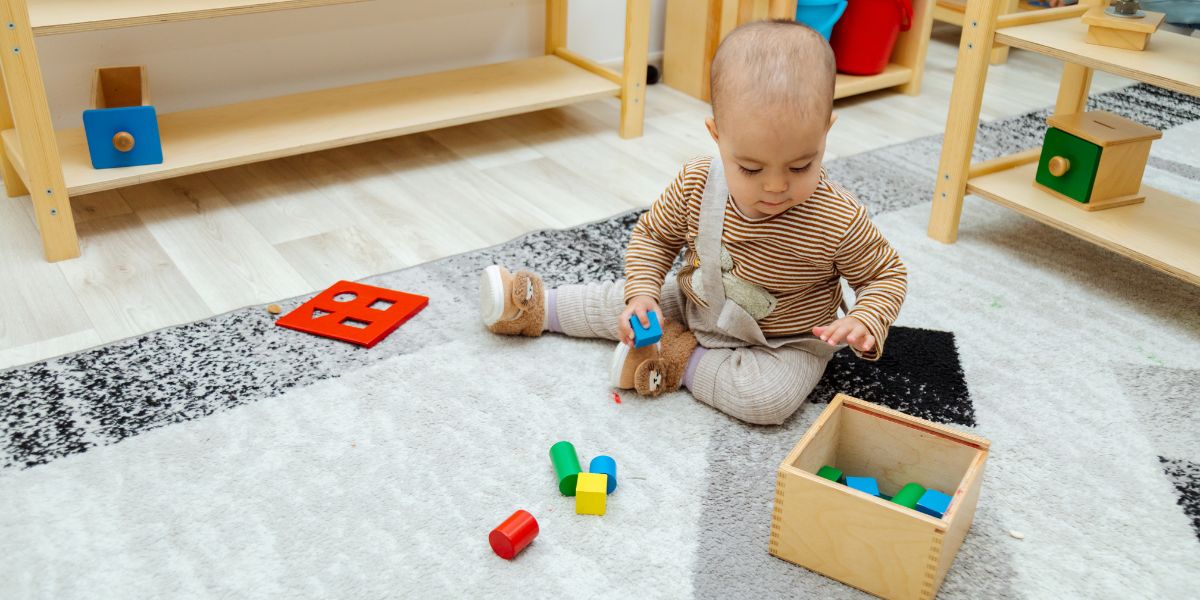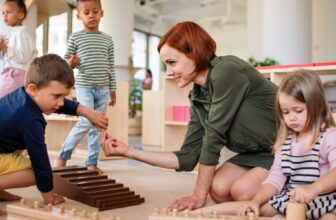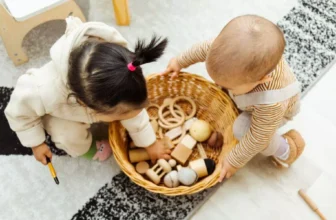
When considering the landscape of early childhood education, the influence of Montessori philosophy cannot be overlooked. Its unique approach to fostering independence, curiosity, and critical thinking skills in young learners has sparked a shift in educational practices worldwide. By exploring the principles and impact of Montessori in shaping early childhood education, you will uncover a transformative journey that continues to shape the way we nurture young minds.
Montessori Philosophy and Its Influence
Exploring the Montessori philosophy and its impact on early childhood education reveals a profound emphasis on self-directed learning and hands-on experiences. Maria Montessori believed that children are naturally curious and eager to learn, advocating for an educational approach that respects and nurtures this intrinsic motivation. By providing children with a prepared environment filled with developmentally-appropriate materials, Montessori education encourages independence, creativity, and critical thinking skills.
In a Montessori classroom, you'd find children engaged in activities of their choosing, moving freely around the room, and making decisions about their learning. This autonomy fosters a sense of responsibility and self-discipline, as children learn to manage their time and work collaboratively with peers. Montessori principles emphasize the importance of allowing children to learn at their own pace, respecting their individual interests and learning styles.
Through the Montessori philosophy, you can see how early childhood education can be transformed into a dynamic, child-centered experience that empowers young learners to explore, discover, and construct their understanding of the world.
Implementing Montessori Principles in Education
How can educators effectively integrate Montessori principles into their teaching practices to enhance early childhood education?
Implementing Montessori principles in education involves creating a child-centered learning environment where students are encouraged to explore, discover, and learn at their own pace. One key aspect is providing children with a prepared environment that's orderly, simple, and beautiful, with materials that are accessible and developmentally appropriate. By offering hands-on learning experiences and allowing children the freedom to choose activities that interest them, educators can foster independence, self-discipline, and a love for learning.
Incorporating mixed-age classrooms is another essential element of the Montessori approach. This setup allows younger children to learn from older peers, promotes collaboration, and helps develop social skills. Teachers play a crucial role in modeling respect, empathy, and patience towards each child, guiding them towards autonomy and self-motivation. Additionally, incorporating uninterrupted blocks of work time and encouraging individualized learning paths can further support the implementation of Montessori principles in education.
Benefits of Montessori Approach for Children
The Montessori approach offers children a holistic and individualized learning experience that nurtures their natural curiosity and independence. By allowing children to learn at their own pace and follow their interests, Montessori education fosters a love for learning that can last a lifetime. This approach also emphasizes hands-on learning and practical life skills, helping children develop independence, critical thinking, and problem-solving abilities from an early age.
Additionally, the Montessori method promotes a sense of community and respect among children. Through mixed-age classrooms and collaborative activities, children learn to work together, support one another, and appreciate the unique strengths each individual brings to the group. This not only enhances social skills but also helps children develop empathy and a sense of responsibility towards others.
Moreover, the freedom within limits provided by the Montessori approach allows children to explore and make choices within a structured environment, promoting self-discipline and intrinsic motivation. This autonomy and sense of agency empower children to take ownership of their learning and develop a sense of confidence in their abilities.
Montessori's Ongoing Impact on Education
Montessori's enduring influence continues to shape modern educational practices, emphasizing personalized learning and fostering a lifelong passion for knowledge. The Montessori method's impact extends beyond early childhood education, influencing teaching strategies in primary and secondary schools worldwide. By prioritizing individualized learning experiences, Montessori principles promote self-directed exploration, critical thinking, and collaborative problem-solving skills. This approach encourages educators to adapt lessons to suit each student's unique learning style, pace, and interests, fostering a deep-seated love for learning that extends far beyond the classroom.
Montessori's ongoing impact on education is evident in the growing popularity of mixed-age classrooms and hands-on, experiential learning opportunities. These practices not only enhance academic achievement but also cultivate essential life skills such as independence, responsibility, and empathy. By recognizing the diverse needs of learners and facilitating holistic development, Montessori continues to revolutionize educational methodologies, preparing students to thrive in an ever-evolving global landscape.




